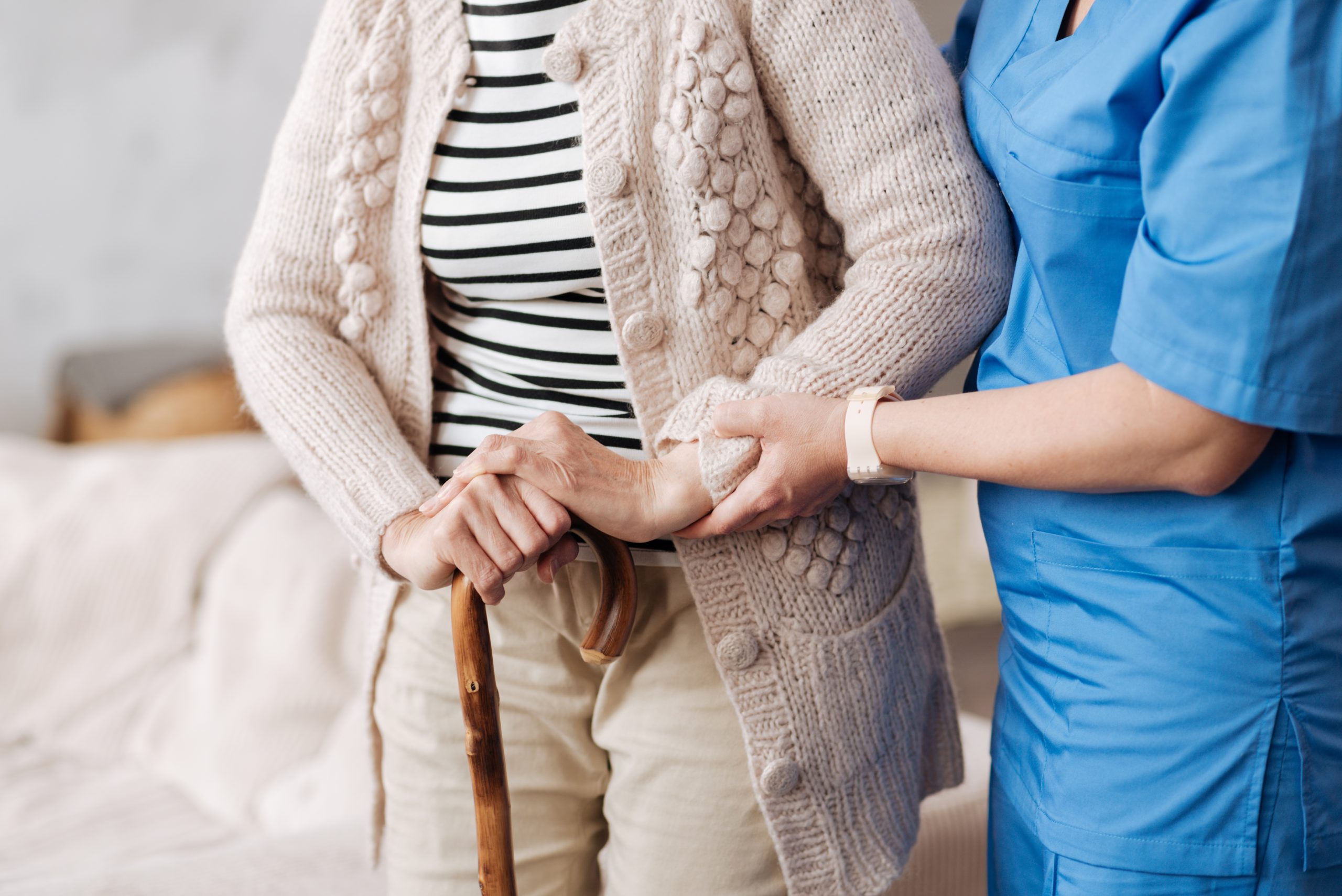
While we are not dementia specialists, we do welcome and successfully care for many people living with dementia. Everyone is assessed individually to ensure we can meet their specific needs. Our homes provide a stimulating environment where many people with early-onset or relatively mild dementia often flourish due to increased social interaction and engagement, which can help slow the progression of symptoms.
We can accommodate people with mild dementia symptoms. However, there are two main concerns we must carefully assess: wandering behaviours and any anti-social or aggressive behaviours. Since our homes are not secure locked units (unlike specialist dementia facilities), we need to ensure the safety of all residents and the suitability of our environment for each individual.
All our staff have training in dementia care which includes effective communication techniques, person-centred care approaches, and strategies to provide appropriate support and engagement. Our staff focus on maintaining dignity, independence, and quality of life for all residents, including those living with dementia.
The primary difference is in the physical environment and resident mix, not the quality of care. Unlike specialist dementia homes which are typically locked units designed for people with more advanced symptoms, our homes have an open design. We don’t have facilities to secure sections to prevent wandering, and our staff training doesn’t focus on handling physically aggressive behaviour as this is rarely needed in our setting. However, the actual care, attention, and support provided to residents is equally professional and compassionate.
Absolutely. Every resident receives individualised care based on their specific needs, preferences, and abilities. Residents with dementia are not treated differently but receive appropriate additional support when needed. Our person-centered approach ensures that each resident’s unique requirements are understood and met.
The team will discuss any changing needs with both the resident and their families in advance. We have the facilities and skilled teams to adapt care levels throughout a resident’s journey with minimal disruption. However, if symptoms progress to a point where specialist dementia care would be more appropriate, we would work with you and relevant healthcare professionals to find the most suitable solution.
Residents’ well-being is paramount to our philosophy of care. Our activities team interacts with residents daily on both a personal level and within organised group activities. Regular trips and social events are held to ensure a stimulating environment.
Yes, each home’s activities coordinator runs both group activities and one-to-one engagement sessions. Many of these are specifically designed to benefit residents with dementia, including reminiscence therapy, music sessions, sensory activities, and gentle exercise. These activities help maintain cognitive function and promote well-being.
We keep in touch with you using your preferred method of communication. The care team provides courtesy updates after GP visits or if there are any changes in condition. Our management team also contacts families monthly for a general chat. We recognise that open communication is especially important when supporting someone with dementia.
Residents are encouraged to make their space their home. As far as practically possible, they can bring furniture, pictures, ornaments and anything else that makes them feel at home in their own room. For residents with dementia, familiar items and photographs can be particularly beneficial in creating a sense of security and belonging.
Our homes have secure entrance points, though residents are free to come and go. There is a strict signing-in procedure and all immediate grounds are covered by CCTV. Each room has its own call bell and residents are provided with neck bells that they can ring 24 hours a day. For residents with dementia who may be at risk of disorientation, staff can provide additional monitoring and support.
Our trained staff use various techniques to calm and reassure residents who may become confused or agitated. This includes validation therapy, distraction techniques, and creating a calm environment. Staff focus on identifying triggers and preventing distress where possible. If a resident regularly displays behaviours that suggest they would benefit from a more specialised environment we would discuss this with their family.
Residents are encouraged to remain as independent as possible with staff always on hand for support. There are several house activities residents enjoy that promote gentle exercise. For residents with dementia, maintaining routine activities and independence is particularly important, and we provide the appropriate level of assistance while respecting dignity and autonomy.
Our teams work closely together and are collectively responsible for your care. However, each resident has a designated care plan coordinator and a key worker to oversee their care. This consistency is particularly beneficial for residents with dementia, as it helps build familiarity and trust.
Of course, our chefs provide nutritious home-cooked meals daily and can offer a variety of dietary options such as low sugar, soft diets, vegetarian or gluten free. For residents with dementia who may have specific preferences or difficulties with eating, we provide appropriate support and adapted meal options to ensure good nutrition.
It often takes time to settle into a new environment, especially for someone with dementia. Our staff work closely with new residents and their families to create familiar surroundings and establish comfortable routines. We gather detailed information about preferences, routines, life history, and interests to provide personalised care and help with the transition.
Our staff are trained in various communication techniques suitable for people with dementia, including non-verbal communication, simple clear instructions, visual cues, and allowing extra time for processing information. We learn each resident’s preferred communication style and adapt our approach accordingly.
Absolutely! Under normal operating circumstances, we encourage this. For residents with dementia, we may provide additional guidance to family members to ensure outings are enjoyable and safe.
Our trained staff handle all medication management for residents who need assistance. For residents with dementia, we take extra care to ensure medications are taken as prescribed and monitor for any side effects or changes in condition.
